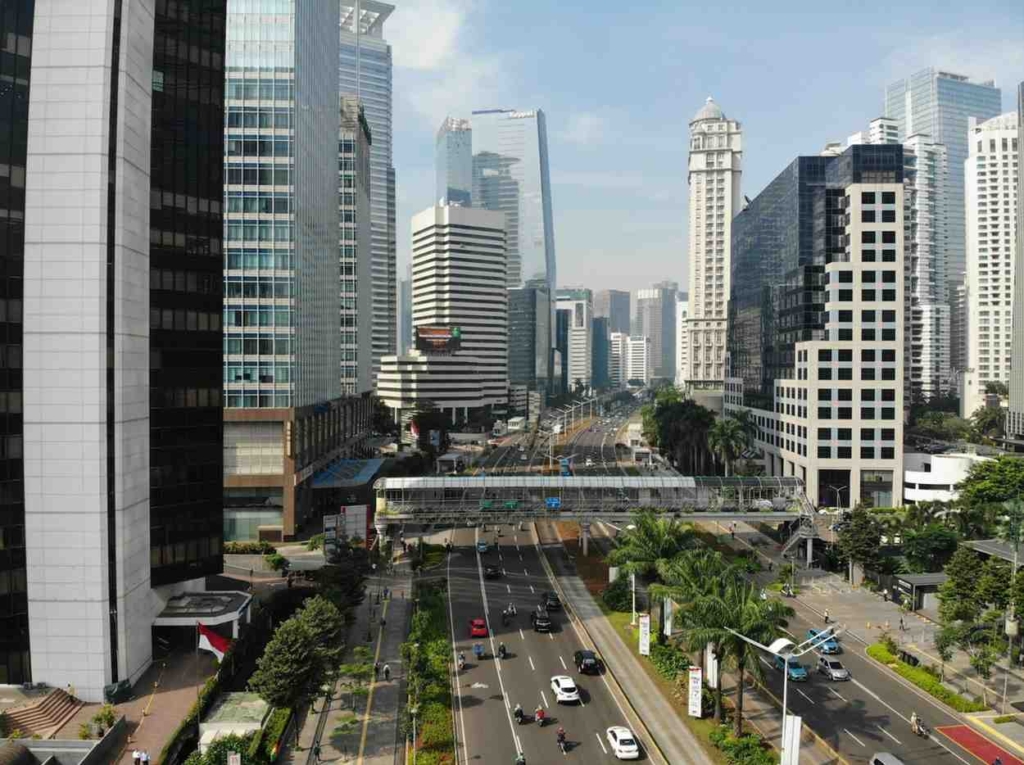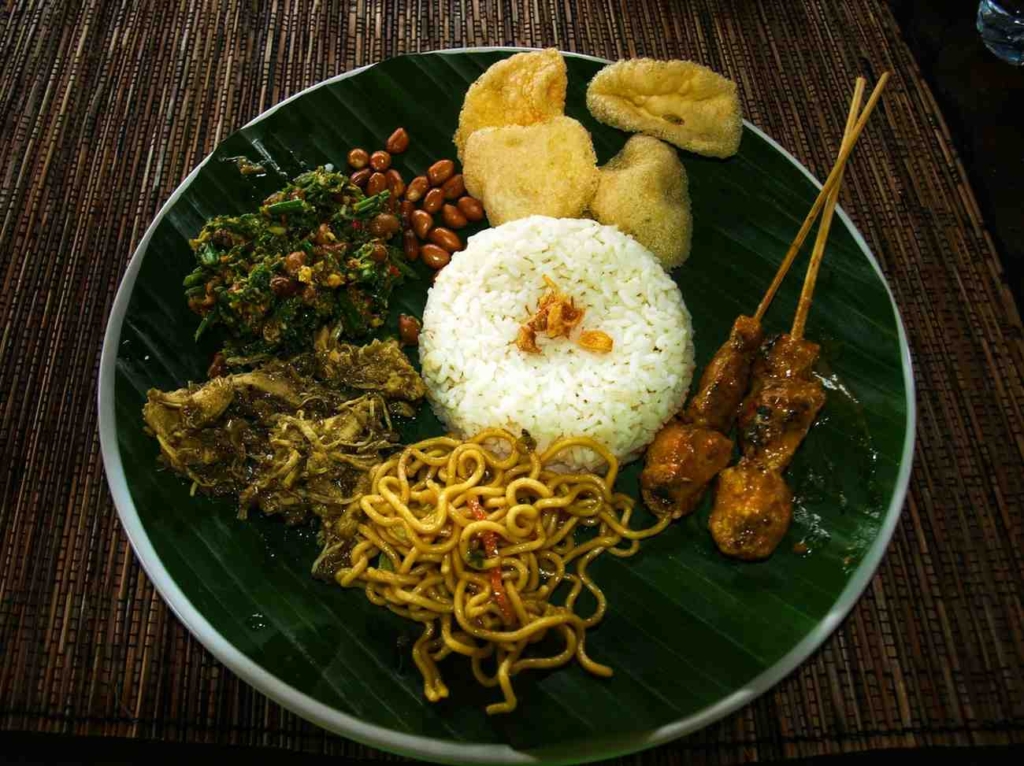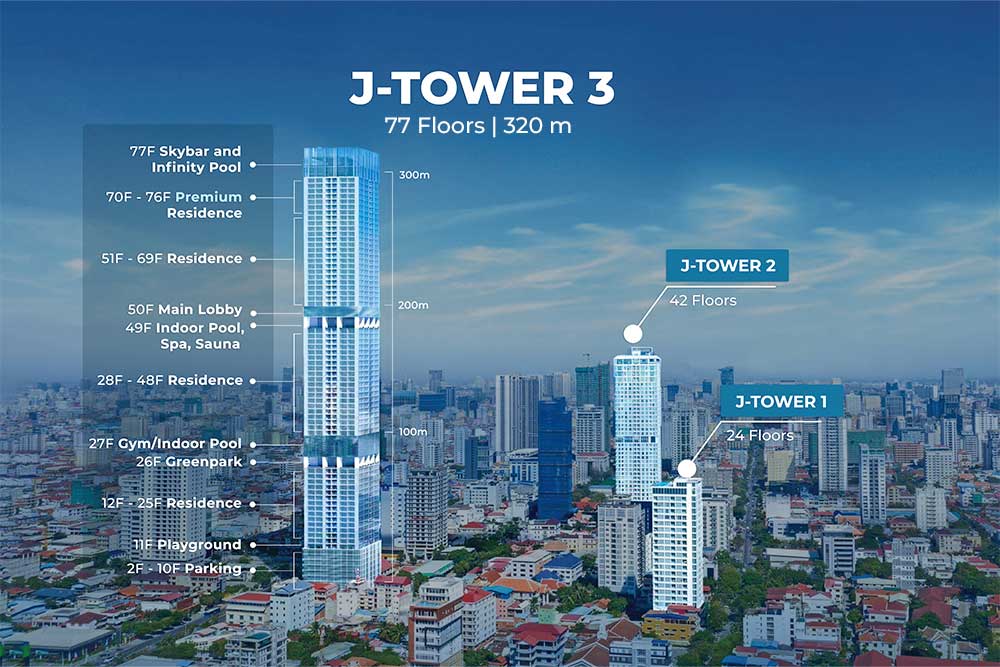
Get Your Free 1st Issue
Your Homes Overseas Magazine!
Discover the best destinations, property tips, and lifestyle insights from around the world.
GET YOUR FREE MAGAZINE HERE!

Discover the best destinations, property tips, and lifestyle insights from around the world.
GET YOUR FREE MAGAZINE HERE!

Many people say the cost of living in Indonesia is low compared to Western countries. That means you can live comfortably without spending too much money. Things like rent, food, and travel are much cheaper here. For example, you can rent a small apartment for about $300 to $500 a month, enjoy a tasty meal for just $2 to $5, and ride a local bus for less than a dollar.
Because of these prices, many foreigners see Indonesia as a great place to live or retire. If you’re exploring international property, Indonesia offers many affordable choices near beaches, cities, or quiet towns where your money goes further.

Many expats love how simple and affordable life can be here. The cost of living in Indonesia is much lower than in Western countries, so people can enjoy nice homes, good food, and fun activities without spending too much. It’s one of the best countries to live in if you want comfort without high prices.
Jakarta is busy and modern, with big malls, offices, and restaurants everywhere. Living here costs more than other cities, but it’s still cheaper than many capitals around the world. The cost of living in Indonesia in Jakarta includes higher rent and dining prices, but it also comes with more job options and city comfort.
Bali gives a peaceful island lifestyle with beaches, rice fields, and sunshine every day. Many people come here to relax or work online. Even though it’s popular, Bali’s cost of living in Indonesia stays affordable if you live like locals, eating at small warungs and renting local homes.
Digital nomads choose Indonesia because they can work from cafés or co-living spaces while spending less. Fast internet, friendly people, and low daily costs make it perfect for remote work.
Retirees also find Indonesia a friendly and peaceful place to live. They can have a nice home, eat good food, and enjoy sunny days without spending too much. Everything from housing to travel costs less here, so their money lasts longer. Many people choose retirement in Indonesia because it’s safe, warm, and filled with kind people. They can relax, explore beaches, and live comfortably while still saving money every month.
In big cities, many people live in apartments close to offices, shops, and restaurants. The cost of living in Indonesia for a one-bedroom apartment in the city center is about $300 to $500 each month. In Jakarta, it can be a bit more because it’s the capital city and very busy. Living in the city means you can walk or take short rides to most places, but it costs more than smaller towns.
If you live a little farther from the main areas, things get much cheaper. The cost of living in Indonesia outside city centers is around $250 to $300 per month for a one-bedroom apartment. Many locals and expats choose these places because they are quieter and have more space. It’s also easier to find friendly neighbors and local food spots.
You don’t always have to rent an apartment. There are other choices for housing in Indonesia, such as:
Accommodation takes up most of your budget, but prices stay low compared to many other countries. Whether you choose a busy city or a calm island, the cost of living in Indonesia gives you many options that fit your lifestyle and savings.

Eating in Indonesia is both fun and affordable. You can find delicious local meals like fried rice, noodles, or chicken satay for only $2 to $5 each. Small food stalls called warungs serve homemade meals that taste great and cost very little. Many people eat out every day because it’s often cheaper than cooking at home.
If you prefer to cook, groceries are also easy on the wallet. One person usually spends around $100 to $150 per month on food. You can buy rice, eggs, chicken, fruits, and vegetables at local stores or markets. Fresh food is available all year because of Indonesia’s warm weather, so you always have healthy choices.
When you want a fancier meal, restaurants offer many tasty options. A nice dinner for two people in a mid-range restaurant costs $10 to $30. You can enjoy pizza, pasta, or local dishes in a clean and comfy place without spending too much. It’s perfect for a weekend treat or date night.
Fresh markets in Indonesia are full of color and flavor. You can buy local fruits like mangoes, bananas, and papayas for very low prices. Imported food, like cheese or chocolate from other countries, costs more because of shipping fees. That’s why locals prefer local brands to save money while eating healthy and fresh.
Food is one of the biggest reasons people love the cost of living in Indonesia. Whether you cook at home or eat out, it’s easy to enjoy tasty meals every day without spending much. The cost of living in Indonesia for food stays low, and it gives everyone the chance to eat well on any budget.
Getting around Indonesia is easy and cheap.
This is one big reason why the cost of living in Indonesia stays low for everyone.
If you don’t want to wait for the bus, you can book a ride with your phone.
Using ride-hailing apps makes daily travel easy and keeps the cost of living in Indonesia low for expats and locals.
Many people buy a motorbike because it’s fast and affordable.
Motorbikes are great for short trips and help you enjoy the low cost of living in Indonesia even more.
Cars are more expensive and harder to maintain.
That’s why most people prefer motorbikes or public transport unless they have a family or travel long distances.
When thinking about things to consider when moving abroad, transport costs matter a lot. So, the good news is that in Indonesia, getting around doesn’t break your budget. Whether you take the bus, ride a Go-jek, or own a motorbike, travel stays easy and affordable.

When you live in a house or apartment, you need to pay for things like electricity, water, and gas. These are called utilities. In big cities, this usually costs about $100 every month. If you use air conditioning or take long showers, the bill can go up. But in smaller towns, it’s cheaper because people use less. This is one reason why the cost of living in Indonesia is not too high.
Most people in Indonesia use the internet at home. It helps you watch videos, do school work, or call your family. The internet costs about $22 to $30 every month. In big cities like Jakarta and Bali, the internet is fast and works well. That’s why many people say the cost of living in Indonesia is great for people who work online or study from home.
You can use your phone to go online with mobile data. Many people in Indonesia buy a SIM card and load it with data. It’s very cheap! You can get enough data for one month for only $5 to $10. You can use your phone to text, watch YouTube, or get a ride on Go-jek.
In big cities, everything works well, fast internet and no power cuts. But in small towns or faraway places, the internet may be slow, and the power might go out sometimes. Where you live can change your total cost of living in Indonesia, so think carefully before picking a place.
Paying for utilities, internet, and your phone doesn’t cost too much in Indonesia. Everything is much cheaper than in most other countries. That’s another reason why many people love the cost of living in Indonesia.
In Indonesia, people can go to public or private hospitals when they are sick.
A simple doctor visit at a private hospital can cost about $20 to $50, while public clinics are much cheaper. This helps keep the cost of living in Indonesia lower for families and visitors.
In big cities like Jakarta and Bali, there are large international hospitals.
Healthcare in Indonesia is getting better every year, which makes it easier for foreigners to live here comfortably.
Many people buy health insurance to help pay for doctor visits or medicine.
Taking care of your health helps you enjoy life and keeps your cost of living in Indonesia under control.
Families who move to Indonesia can choose from many kinds of schools:
International schools can be very expensive. Some charge tens of thousands of dollars each year. These schools have nice classrooms, sports fields, and teachers from around the world. Parents who want to save money often choose smaller local schools instead. But even with these costs, the cost of living in Indonesia is still much lower than in most Western countries.
Health and education in Indonesia are good and improving every year. You can find care and schools that fit your budget easily. Whether you go to a local doctor or an international school, the cost of living in Indonesia stays low, making it a comfortable place for families and retirees to live.
The cost of living in Indonesia can be very different depending on where you stay. Some cities are big and busy, while others are small and quiet. It’s good to know how much things cost before you decide where to live.
Here’s a simple table to help you compare:
City | Average Monthly Cost | What It’s Like |
Jakarta | $600–$800 | The capital city, very busy and modern. Homes and food cost more here. |
Bandung | About 25% cheaper than Jakarta | A cool mountain city with lower prices and friendly people. |
Semarang | Rent ≈ $280; Utilities ≈ $90 | A calm place with low rent and local charm. |
Solo | Around $200 total monthly | One of the cheapest cities to live in Indonesia. |
Bali | Around $1,000 monthly | A beach island that’s popular with travelers and people working online. |
Each city has something special.
If you’re learning how to start a new life in a new country, Indonesia gives you lots of choices. You can live well on a small budget, enjoy good food, and make new friends easily. The cost of living in Indonesia stays low, so you can have a happy and comfortable life wherever you choose to stay.
People who live in Indonesia, called locals, earn and spend money in Indonesian Rupiah. They buy food, clothes, and other things from small shops or markets where prices are low. This means their money goes a long way, and they can buy more for less. For foreigners, the cost of living in Indonesia feels cheap because their money is usually worth more than the local money.
Locals and expats live a little differently.
Even though expats spend more, the cost of living in Indonesia is still much lower than in countries like the U.S. or Australia. Both locals and expats can live happily here without needing too much money.
Items that come from Western countries, like cheese or cereal, can be expensive because they have to be shipped from far away. But local products: like rice, noodles, and tropical fruits, are much cheaper and just as good. One of the fun facts in Indonesia is that you can live very well by buying local food and goods instead of imported ones.
Locals and expats both enjoy life in Indonesia, even though they spend their money differently. Locals live simply, while expats sometimes like extra comfort. Still, the cost of living in Indonesia stays low, which makes it a great place for anyone who wants to save money and live comfortably.
Watch your spending with apps: You can use free phone apps to track how much you spend each week. This helps you plan your budget and enjoy the low cost of living in Indonesia without worry.
Living in Indonesia is a great choice for people who want comfort without spending too much. You can enjoy good food, friendly people, and a relaxed lifestyle while keeping your expenses low. The cost of living in Indonesia is one of the biggest reasons why so many expats, retirees, and digital nomads decide to move here. From housing to transportation, most things are affordable and easy to manage.
If you want to learn more about living or investing here, you can contact us anytime for help and advice. We can guide you in finding great opportunities that match your budget and lifestyle.
Most people can live comfortably on $800 to $1,200 per month, depending on the city and lifestyle. Smaller cities cost less, while Bali and Jakarta are more expensive.
No, food is very affordable. Local meals cost only $2 to $5, and groceries for one person are usually $100 to $150 per month.
Rent for a one-bedroom apartment in a city center costs around $300 to $500 per month, while outside the city, it’s closer to $250.
Yes, healthcare in Indonesia is improving. Public hospitals are cheaper, but private and international hospitals offer faster service with English-speaking doctors.
Yes, many expats and retirees love Indonesia for its warm weather, friendly locals, and low cost of living in Indonesia, which makes it easy to enjoy a relaxed lifestyle.
About International Property Alerts
International Property Alerts is a premier global platform connecting real estate investors with handpicked opportunities in emerging and lifestyle-driven markets. Through curated listings, expert guidance, and market insights, we help buyers make confident property decisions worldwide.
Media Contact:

Phone: +4477 1923 8132
📱 WhatsApp: +63927 073 9530
Email: office@internationalpropertyalerts.com

Elle Resort & Beach Club offers a rare chance to own property in one of the most desirable coastal locations. With limited units, strong capital growth potential, and unmatched resort facilities, this is your opportunity to secure a beachfront lifestyle with long-term value.

Thinking about buying property abroad? Don’t make the move without the right knowledge. Our Free Buyers Guide gives you essential insights on legal steps, taxes, financing, and the best markets worldwide. Trusted by international buyers and investors.

Wake up to bright, spacious living with stunning views and modern comforts. Whether for family living, retirement, or a stylish retreat, Sudara Residences makes your dream home a reality

Discover curated property listings with IPS—residential, commercial, villas, land—and get expert guidance through every step.
BONUS: FREE Cambodia Buyer’s Guide

High visibility. Targeted audience. Maximum exposure. Rent this space and let your brand shine.

Get your properties in front of high-intent investors. Showcase your listings to buyers worldwide.

From pounds to pesos, yen to dollars. ⚡ Quick. Easy. Secure.
Compare listings
ComparePlease enter your username or email address. You will receive a link to create a new password via email.